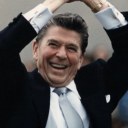
A Tour of the American Left
An interview with Daniel Oppenheimer about his new book Exit Right, a survey of the twentieth-century American left, seen through the eyes of six men who left it behind and turned to the right.


An interview with Daniel Oppenheimer about his new book Exit Right, a survey of the twentieth-century American left, seen through the eyes of six men who left it behind and turned to the right.

Despite the right’s appeals to “family values,” free-market policies are extremely destructive to American families.
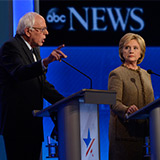
The Democratic elite’s dismissal of the Sanders campaign ultimately reflects a contempt for democratic ideals.

Joel Berger, a second-generation Detroit public school teacher, talks about teacher protests over the city’s dilapidated schools and the water crisis in Flint.
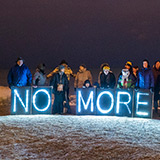
From apple orchards in the 1930s to Flint today, lead poisoning—and politicians seeking to cover it up—have a long history in the United States.
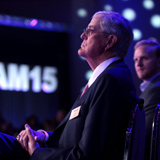
Jane Mayer’s Dark Money is a magisterial portrait of the right-wing billionaires who have “weaponized” conservative philanthropy and pulled the GOP ever further right. Yet Mayer’s account fails to explain something just as alarming: the far-right surge from the grassroots.

Personal budgeting advice promises to set us free, but only on an individual level. Instead we need social programs that would allow any woman to flip a finger to unsavory work situations and domestic abuse.
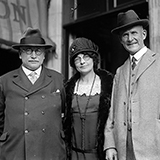
If Bernie Sanders’s presidential run is to herald a new socialist movement, American leftists will have to overcome the combination of sectarianism, repression, and cooptation that doomed their predecessors.

What’s the difference between socialism and social democracy? In 1991, Dissent convened several longtime contributors to answer that question, somewhat rephrased: what would distinguish socialism from a slightly improved version of Sweden?
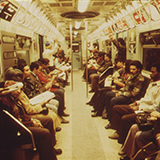
City on Fire—Garth Risk Hallberg’s massive and elaborately constructed novel about New York in the 1970s—offers the contours of the great social novel. But it struggles to reveal the ways in which power actually works.
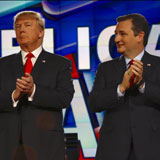
Unlike his chief rival Ted Cruz, Donald Trump dismisses the high-church liturgy of American politics in favor of blunt tribalism. In Trump’s America, no one is looking out for you.
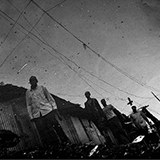
In 1986, Deng Manyoun left his southern Sudan town to escape civil war and famine. Nineteen years later, he was shot dead by a white police officer in Louisville, Kentucky. Manyoun’s story illustrates not just the alarming scale of U.S. police violence but the dramatic failure of our refugee resettlement policy.

Hillary Clinton and Bernie Sanders have both announced plans to give workers paid family leave. Ellen Bravo of Family Values @ Work joins us to explain how this policy became central to both candidates’ campaigns.
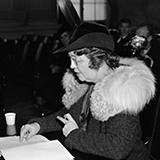
At its height, the American welfare state provided direct financial support to scores of writers. They used it to challenge the political status quo, revolutionizing literary form in the process.
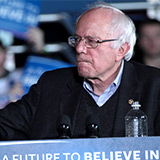
Bernie Sanders’ surge in recent national polls has brought inevitable comparisons to an insurgent candidate whose enthusiastic young supporters took Hillary Clinton by surprise eight years ago. But Sanders’s campaign is of a very different kind than Obama’s, with deeper potential and a different measure of success.